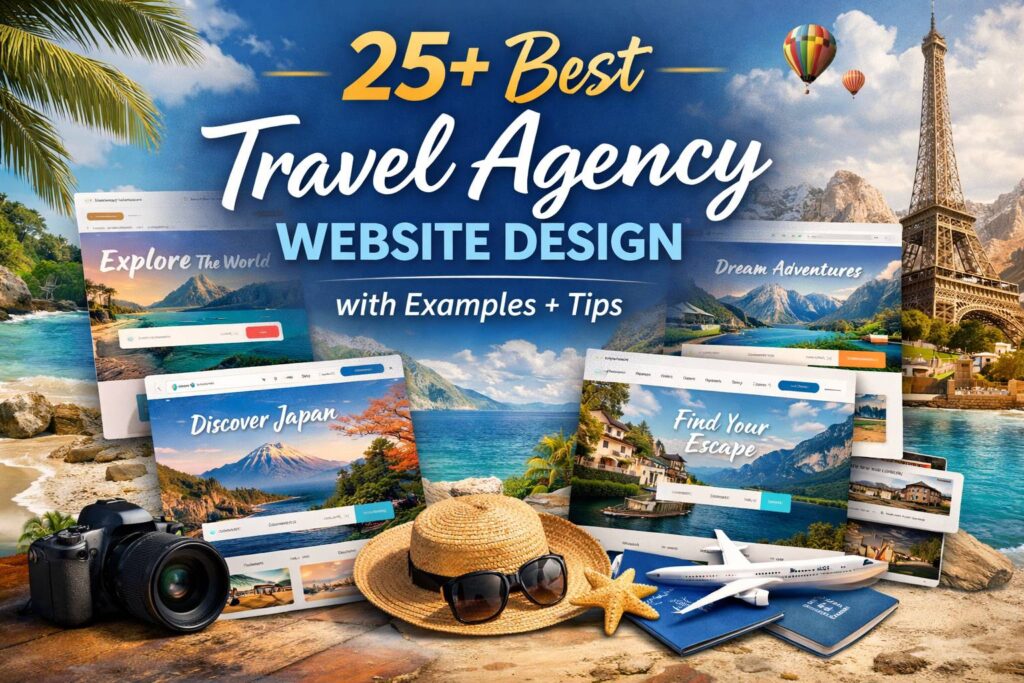How Much Do Real Estate Agents Make?
Real estate agents help people buy, sell, and rent properties. They list homes, show properties, negotiate deals, and guide clients through contracts and closings. Many people wonder how much real estate agents make because the job is flexible and often commission-based. This article breaks down real estate agent income and explains how a professional online […]

